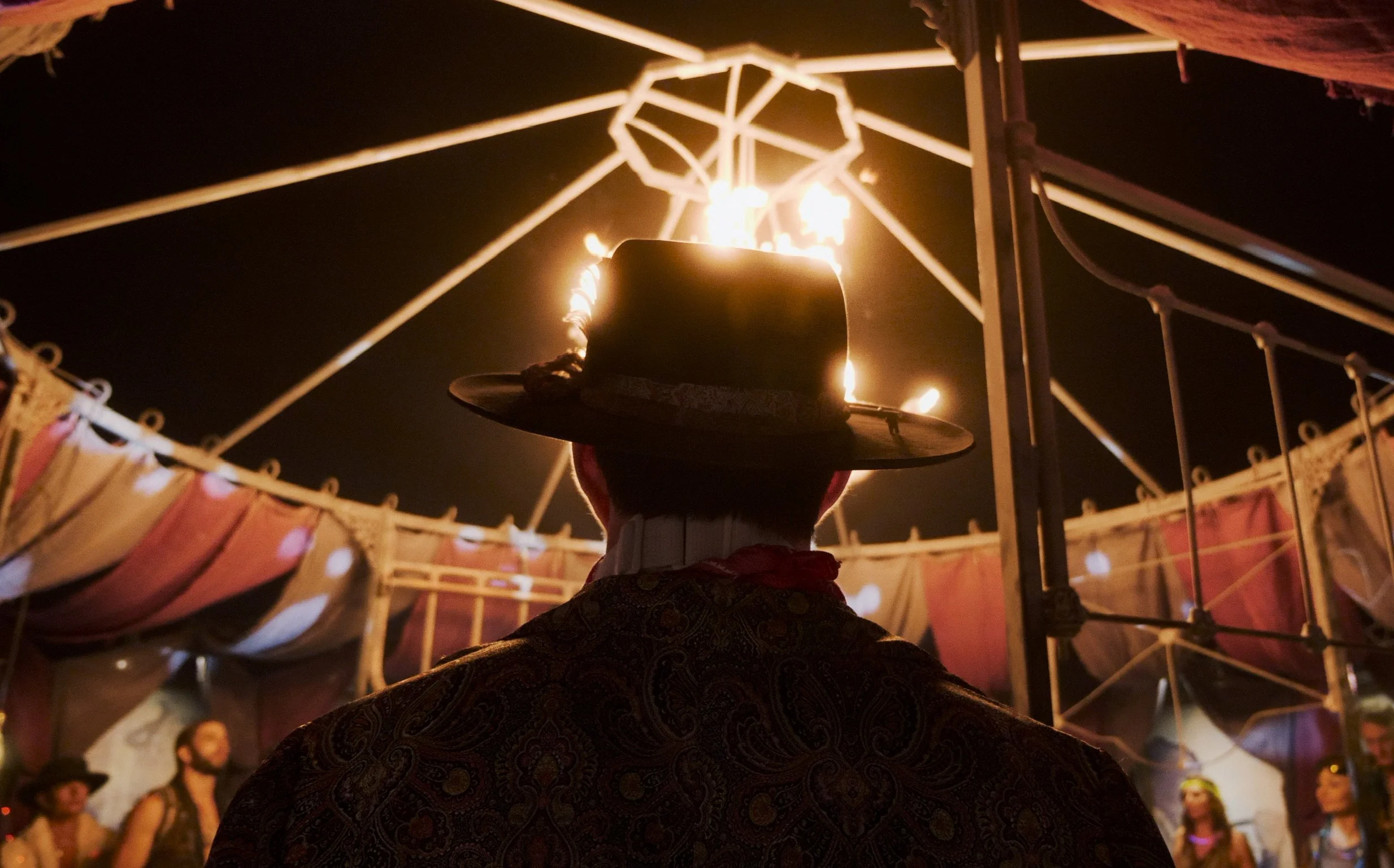Exploring Diversity in Cinema: Representation Matters
In recent years, the conversation surrounding diversity and representation in cinema has gained significant momentum. From the #OscarsSoWhite movement to the push for more inclusive storytelling, filmmakers and audiences alike are recognizing the importance of diverse representation on the big screen. In this blog post, we'll delve into the significance of diversity in cinema and explore why representation matters now more than ever.
Reflecting the Real World
Cinema has the power to shape our perceptions, challenge stereotypes, and inspire empathy. However, for far too long, mainstream films have often failed to reflect the rich tapestry of human experience. Characters from marginalized communities were often relegated to stereotypical roles or sidelined altogether, resulting in a narrow and homogenous portrayal of society. This lack of representation not only alienated audiences but also perpetuated harmful stereotypes and reinforced systems of oppression.
The Impact of Representation
When marginalized communities see themselves represented on screen in authentic and meaningful ways, it can have a profound impact. Representation in cinema validates the experiences of individuals who have long been marginalized or overlooked, providing a sense of validation and belonging. It also allows audiences to see the world through different perspectives, fostering empathy, understanding, and cultural exchange.
Moreover, diverse representation in cinema can have tangible social and economic benefits. Films that reflect the diversity of their audiences often perform well at the box office and garner critical acclaim. This demonstrates that there is a demand for diverse stories and characters, and that audiences are hungry for narratives that reflect the complexity of the human experience.
Breaking Down Barriers
The push for diversity and inclusion in cinema is not just about ticking boxes or meeting quotas—it's about dismantling barriers and creating opportunities for underrepresented voices to be heard. This includes not only actors and filmmakers but also writers, producers, and crew members from diverse backgrounds. By providing platforms for diverse storytellers to share their narratives, cinema has the power to challenge preconceived notions, spark important conversations, and drive social change.
The importance of representation extends beyond the screen and into the industry itself. Hollywood has historically been dominated by white, male voices, but there is a growing movement to break down these barriers and create a more inclusive and equitable industry. This includes initiatives to increase diversity in hiring practices, promote mentorship and career advancement opportunities for marginalized individuals, and support grassroots filmmaking initiatives in underrepresented communities.
Celebrating Progress
While there is still much work to be done, it's important to celebrate the progress that has been made in recent years. From groundbreaking films like "Moonlight" and "Black Panther" to the success of filmmakers like Ava DuVernay and Bong Joon-ho, there is no denying that strides have been made toward more inclusive representation in cinema. These films and filmmakers have not only shattered box office records and won prestigious awards but have also opened doors for future generations of diverse storytellers.
However, true progress requires ongoing commitment and vigilance. It's not enough to simply tokenize diversity or pay lip service to inclusivity—real change requires systemic shifts within the industry and a dedication to amplifying diverse voices at every level of production. This means investing in diverse talent pipelines, challenging unconscious bias in decision-making processes, and creating inclusive work environments where everyone feels valued and empowered to contribute their unique perspectives.
Looking Ahead
As we look to the future of cinema, it's clear that diversity and representation will continue to be key priorities. Audiences are demanding more inclusive storytelling, and filmmakers are increasingly recognizing the creative and commercial value of diversity. By embracing a wide range of perspectives and experiences, cinema has the power to unite us, challenge us, and inspire us to imagine a more equitable and inclusive world.
Moreover, as technology advances and distribution channels evolve, there are more opportunities than ever for diverse storytellers to share their narratives with global audiences. Streaming platforms, digital filmmaking tools, and crowdfunding platforms have democratized the filmmaking process, allowing filmmakers from marginalized communities to bypass traditional gatekeepers and bring their stories directly to audiences.
Conclusion
Diversity in cinema isn't just a buzzword—it's a moral imperative and a creative necessity. Representation matters because it shapes our understanding of the world, challenges our assumptions, and celebrates the richness of human experience. As filmmakers, storytellers, and cinephiles, we all have a role to play in advocating for more inclusive and representative cinema.
By supporting diverse voices and stories, we can create a cinematic landscape that reflects the beautiful diversity of the world we live in. This means championing films that center marginalized voices, challenging industry norms that perpetuate exclusion and inequality, and actively working to create opportunities for underrepresented talent to thrive. Together, we can build a future where everyone sees themselves reflected on screen and where the power of cinema is harnessed to drive positive social change.

